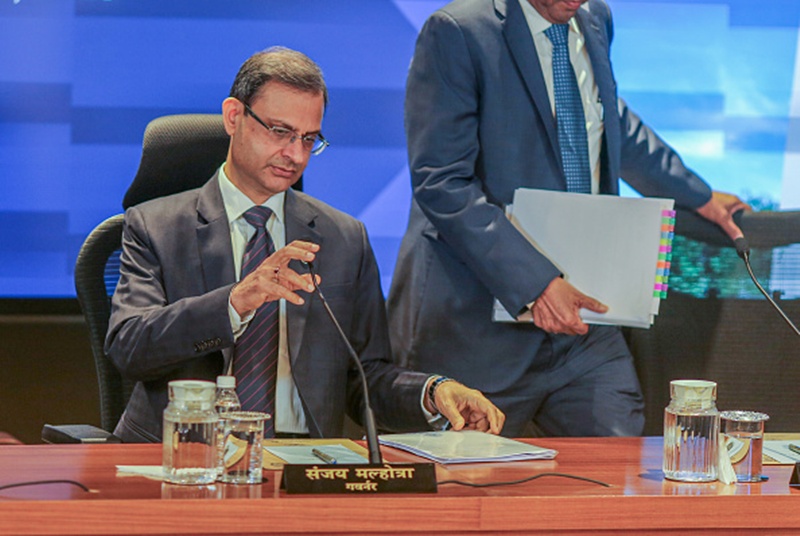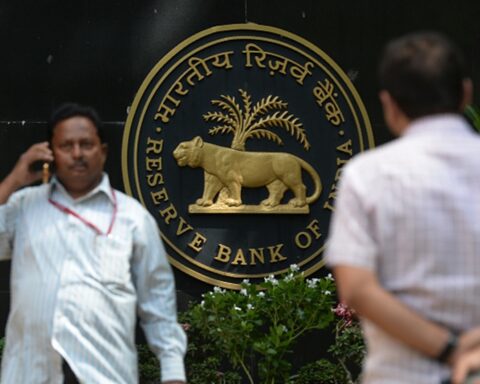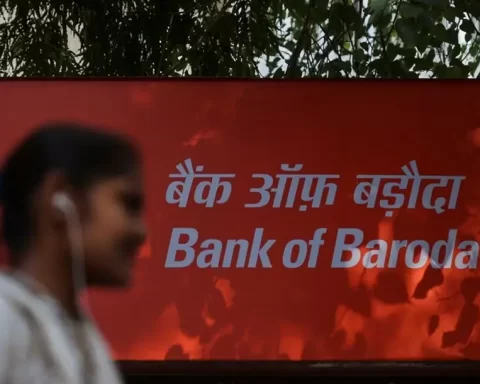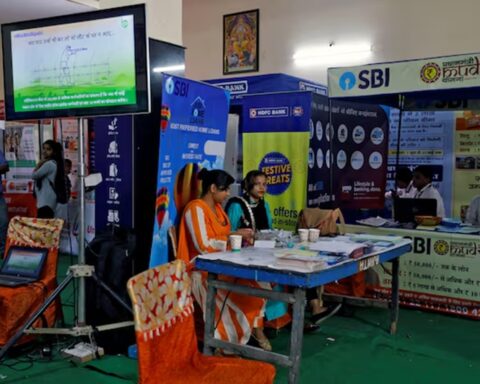MUMBAI, May 23 (Reuters) – The RBI (Reserve Bank of India) is examining shareholding norms and licensing rules for banks as part of a broader review, Governor Sanjay Malhotra told the Times of India in an interview, less than a month after Japanese lender Sumitomo Mitsui signed a deal to acquire 20% in Yes Bank.
While India permits 74% foreign direct investment in private banks, it restricts a single financial entity from holding more than 15% unless a regulatory exemption is granted.
The rules also require a bank promoter – a large shareholder with management control – to reduce shareholding in a bank to 26% over a 15-year period. A 26% cap on voting rights is also imposed, both for domestic and foreign investors.
“We are examining this in totality as part of our internal examination. We will review all aspects of the eligibility conditions,” Malhotra told the newspaper when asked about increasing shareholding limits further, in particular for foreign banks wanting to come to India.
Japanese lender Sumitomo Mitsui Banking Corporation signed a definitive agreement to take a 20% stake in Indian private lender Yes Bank, a deal that marks the largest cross-border merger and acquisition deal in India’s financial sector.
The Reserve Bank of India is also examining the need for scaling up banks to manage the increasing needs of the economy, the governor told the newspaper.
Malhotra refused to comment specifically on the troubles at private lender IndusInd Bank but said the system as a whole “is very robust and strong. There are no systemic risks or concerns.”
The Indian economy overall demonstrates resilience amid global geopolitical and trade uncertainties, Malhotra told the newspaper.
“Regarding global trade dynamics, India is engaged in talks with the U.S. and about 75 other countries are also in talks. I am hopeful that the impact of the trade tariffs on our growth will be moderate,” he said.
The impact on inflation would be two-fold, the governor explained – increasing prices due to imported inflation and softening prices due to slower global demand.
“The latter has a higher impact, leading to overall lower inflation,” he told the newspaper.
The RBI wants to maintain adequate liquidity in the banking system to facilitate the transmission of policy rate cuts across the money, bond and credit markets and will continue to provide liquidity to ensure monetary transmission, he said.




